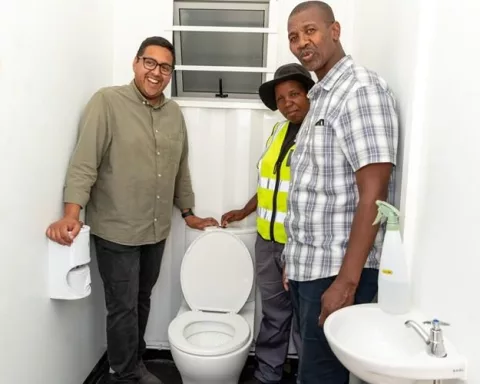South Africa’s Water and Sanitation Minister, Senzo Mchunu, recently announced the appointment of nine members to the Water Tribunal, a significant development in the country’s water management landscape. The Water Tribunal, established under the National Water Act of 1998, is an independent body tasked with hearing appeals related to water usage and management and plays a crucial role in reinforcing the institutional framework governing South Africa’s water sector.
The Purpose of the Water Tribunal
The Water Tribunal presides over appeals against decisions made by the Department of Water and Sanitation or any other responsible authority. These decisions might involve the rejection of water use license applications, adverse rulings on transfers of water use rights, or disputes concerning directives issued by catchment management agencies. By serving as an independent body, the Water Tribunal ensures that all parties are heard and that disputes are resolved fairly and efficiently.
Appointment of Tribunal Members
Minister Mchunu expressed his enthusiasm for the newly appointed members, emphasizing the importance of their role in South Africa’s developmental state. The tribunal’s members, including Chairperson Advocate Puseletso Loselo, Deputy Chairperson Ms. Unathi Mbeki, and seven additional members, were appointed for a four-year term. The Water Tribunal holds jurisdiction in all provinces of South Africa and can conduct hearings anywhere within the Republic.
The Water Tribunal’s Process
Decisions that can be appealed through the tribunal cover a diverse range, including directives issued by catchment management agencies, water use license applications, and amendments to license conditions made by responsible authorities. The Water Tribunal’s process involves a rehearing wherein all parties can present their evidence and make their case. Following the hearing, the tribunal’s judgment is sent to the office of the Registrar for publication on the Tribunal’s website.
Significance of the Water Tribunal
The establishment of the Water Tribunal and the appointment of its members mark a new chapter in South Africa’s water management efforts. These developments reflect the country’s commitment to addressing critical issues related to water use and distribution, as well as fostering a culture of good governance and accountability in the sector. As the tribunal’s members embark on their tenure, their collective expertise and dedication will be instrumental in shaping the future of South Africa’s water management. The Water Tribunal’s role in adjudicating water-related disputes will ensure that the country’s water resources are managed efficiently and equitably – a critical factor in the continued growth and development of the nation.








